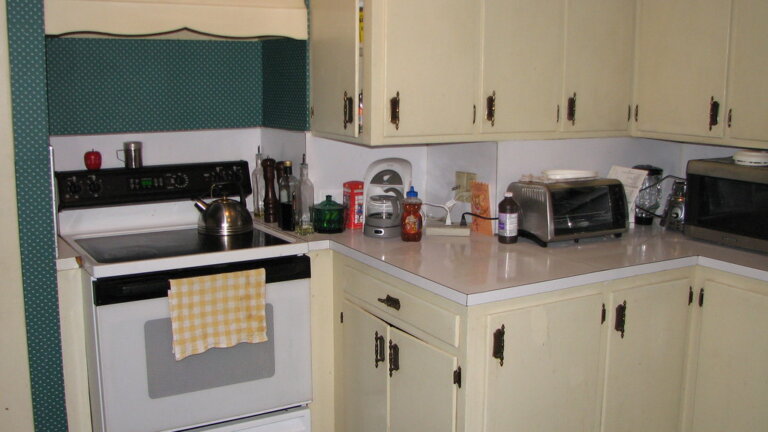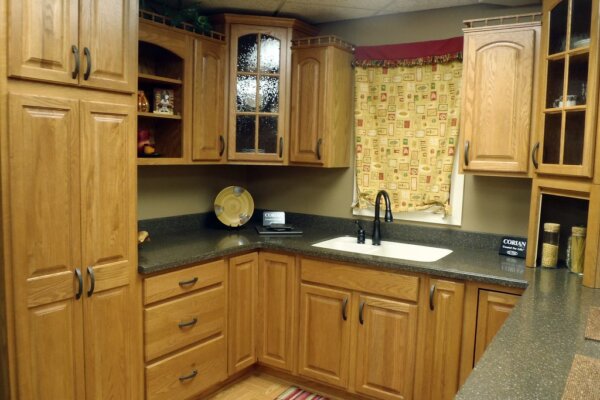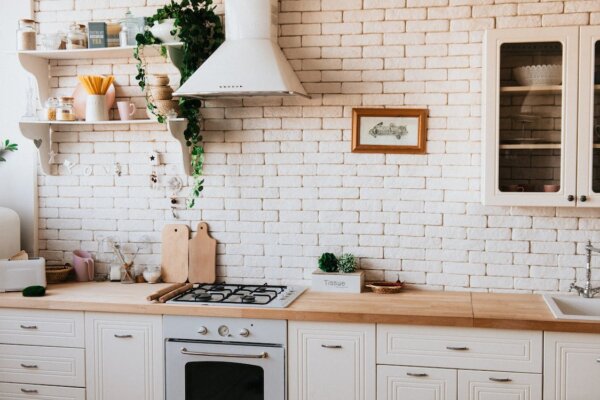Introduction to Kitchen Remodeling
The kitchen is frequently referred to as the heart of the home, a space where memories are created, meals are shared, and togetherness is celebrated. As such, it is critical that the kitchen’s layout and design cater to the homeowners’ lifestyle and needs. When these factors no longer align, kitchen remodeling becomes a strong consideration.
Kitchen remodeling can be a daunting task, encompassing a broad range of structural, aesthetic, and functional changes. This article aims to provide comprehensive information on kitchen remodeling, covering topics from setting the right budget and timeline, to choosing the best materials.
Defining the Scope of Your Kitchen Remodel
Before you jump head-first into the remodel, it’s crucial to clearly define the scope of your project. The scale of the remodel plays a pivotal role in determining the budget, time frame, and resources needed.
If your kitchen’s current layout suits your needs, a simple refresh might suffice. This could include new countertops, updated lighting, fresh paint, or upgraded appliances. Extensive remodels, however, might require additional plumbing and electrical work, installing new cabinets or creating a whole new kitchen layout by removing walls or expanding the space.
Outlining Your Kitchen Remodeling Budget
Understanding the financial implications involved with a kitchen remodel is essential for planning. When setting a budget, it’s important to factor in all costs, including labor, materials, appliances, and a buffer for any unexpected expenses.
On average, a basic kitchen remodeling may cost anywhere between $15,000 and $30,000, whereas a full, high-end renovation can exceed $50,000. Remember, investing in quality materials and skilled professionals can increase the longevity and the value of your home, turning your remodel into a worthwhile investment.
Setting a Timeline for your Kitchen Remodeling Project
Significant kitchen renovations can disrupt your daily routines, making it important to have a realistic timeline. Professional remodels can take anywhere from a few weeks to several months, depending on the scope of the project and unforeseen challenges that may arise. Make sure to factor in the potential inconveniences when planning your project.
Picking the Right Materials and Appliances
The choice of materials and appliances can significantly influence both the look and functionality of your kitchen. Popular countertop choices include granite, quartz, and laminate, each with its unique benefits and drawbacks. For cabinetry, options range from high-end custom designs to more affordable, yet trendy, modular units.
Appliance selection should consider factors such as energy efficiency, size, and style to ensure a cohesive look and optimized functionality.
Hiring a Professional or DIY
A crucial decision during kitchen remodeling is whether to hire professionals or opt for a DIY approach. Professional remodelers bring expertise and can help ensure your project stays on schedule and within budget.
Conversely, a DIY approach can significantly reduce labor costs, but it might prove to be daunting, especially for extensive remodels requiring specialized skills like plumbing, electrical, and tiling.
Conclusion: Embracing the Kitchen Remodeling Journey
Kitchen remodeling is a complex process, demanding significant time, money, and planning. It involves many variables, from defining the scope and budgeting correctly, to selecting the right materials and deciding on labor.
Despite the challenges it presents, kitchen remodeling can be an incredibly rewarding experience, ultimately providing a more functional and aesthetically pleasing space that adds value not just to your home but to your quality of life as well.
Remember to plan meticulously, consider all financial aspects, and choose the best fit for your needs when it comes to materials and labor. If navigated carefully, a kitchen remodel can transform your everyday living experience and make the heart of your home beat even stronger.




